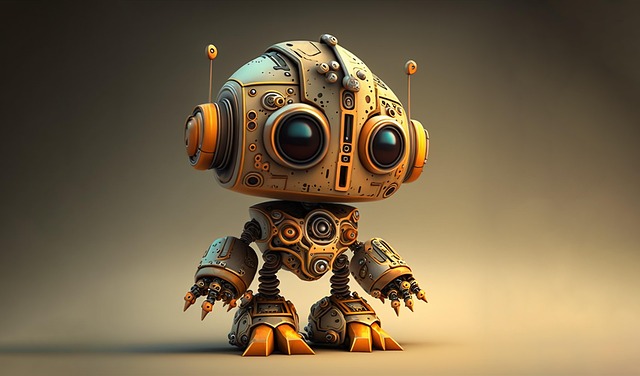# AI and the Future of Work: How Intelligent Technologies Are Redefining Careers and Job Markets
The rapid advancement of artificial intelligence (AI) and its integration into various sectors is reshaping the landscape of work in unprecedented ways. As intelligent technologies become increasingly capable of performing tasks that were once the exclusive domain of humans, the implications for careers and job markets are profound. Understanding these changes is crucial for both employees and employers as they navigate this evolving environment.
## The Transformation of Job Roles
With the rise of AI, traditional job roles are undergoing significant transformations. Many positions that involve repetitive tasks or data analysis are being automated, leading to a shift in the skills required in the workforce. For instance, roles in manufacturing, customer service, and data entry are increasingly being filled by machines that can perform these tasks more efficiently and accurately. This shift not only increases productivity but also raises questions about job security and the future of employment in these sectors.
Moreover, the emergence of AI is giving rise to new job roles that did not exist a decade ago. Positions such as AI trainers, data scientists, and machine learning engineers are becoming essential as companies seek to leverage AI technologies effectively. These roles require a blend of technical expertise and creativity, emphasizing the need for a workforce that is adaptable and equipped with advanced skills. As a result, educational institutions and training programs must evolve to prepare individuals for these new career paths.
## Skills for the Future Workforce
In light of these changes, the skills that will define the future workforce are shifting dramatically. While technical skills related to AI and data analytics are in high demand, soft skills are becoming equally important. Communication, problem-solving, and emotional intelligence are essential competencies that enable individuals to work effectively alongside AI systems. The ability to collaborate with intelligent technologies and leverage their capabilities will differentiate successful employees from their peers.
Furthermore, continuous learning has become a necessity in the modern job market. As technology evolves at an unprecedented pace, professionals must commit to lifelong learning to remain relevant. This may involve pursuing formal education, online courses, or on-the-job training to acquire new skills. Organizations that foster a culture of continuous improvement and provide opportunities for upskilling are likely to attract and retain top talent in this competitive landscape.
## The Impact on Job Markets
The influence of AI on job markets extends beyond individual roles; it is reshaping entire industries. Sectors such as healthcare, finance, and transportation are experiencing significant disruptions due to AI-driven innovations. In healthcare, for example, AI is being used to analyze patient data, assist in diagnostics, and even predict health outcomes. This not only enhances the quality of care but also requires healthcare professionals to adapt to new technologies and workflows.
In the finance sector, AI algorithms are revolutionizing trading, risk assessment, and customer service. Automated trading systems can analyze vast amounts of data in real time, leading to more informed investment decisions. However, this shift also necessitates a workforce that understands these technologies and can interpret their outputs. As a result, financial professionals must enhance their analytical skills and embrace technology to stay competitive.
Transportation is another industry undergoing profound changes due to AI. The development of autonomous vehicles has the potential to disrupt traditional driving jobs, while also creating new opportunities in vehicle design, maintenance, and AI system management. The transition to autonomous systems requires a workforce that is not only skilled in technology but also understands the ethical implications and regulatory challenges associated with these innovations.
## Conclusion: Embracing Change
As AI continues to redefine careers and job markets, both employees and employers must embrace change. The future of work will be characterized by a dynamic interplay between humans and machines, where collaboration and adaptability are paramount. Organizations that recognize the importance of investing in their workforce and fostering a culture of innovation will be better positioned to thrive in this new landscape.
In summary, the integration of AI into the workplace is not merely a trend; it is a fundamental shift that will shape the future of work for generations to come. By understanding the transformations occurring in job roles, the skills required for success, and the broader impact on industries, individuals and organizations can navigate this evolving terrain with confidence. Embracing the opportunities presented by intelligent technologies will be key to unlocking the full potential of the workforce in the age of AI.

